Philips is one of the first foreign-invested enterprises to enter China. Its Greater China head office is located in Jing’an District. On November 20 last year, the first global offline experience center “Philips Healthy Living Lab” was unveiled in Zhang Garden · Fengshengli, further deepening the company’s cooperative development with Jing’an.
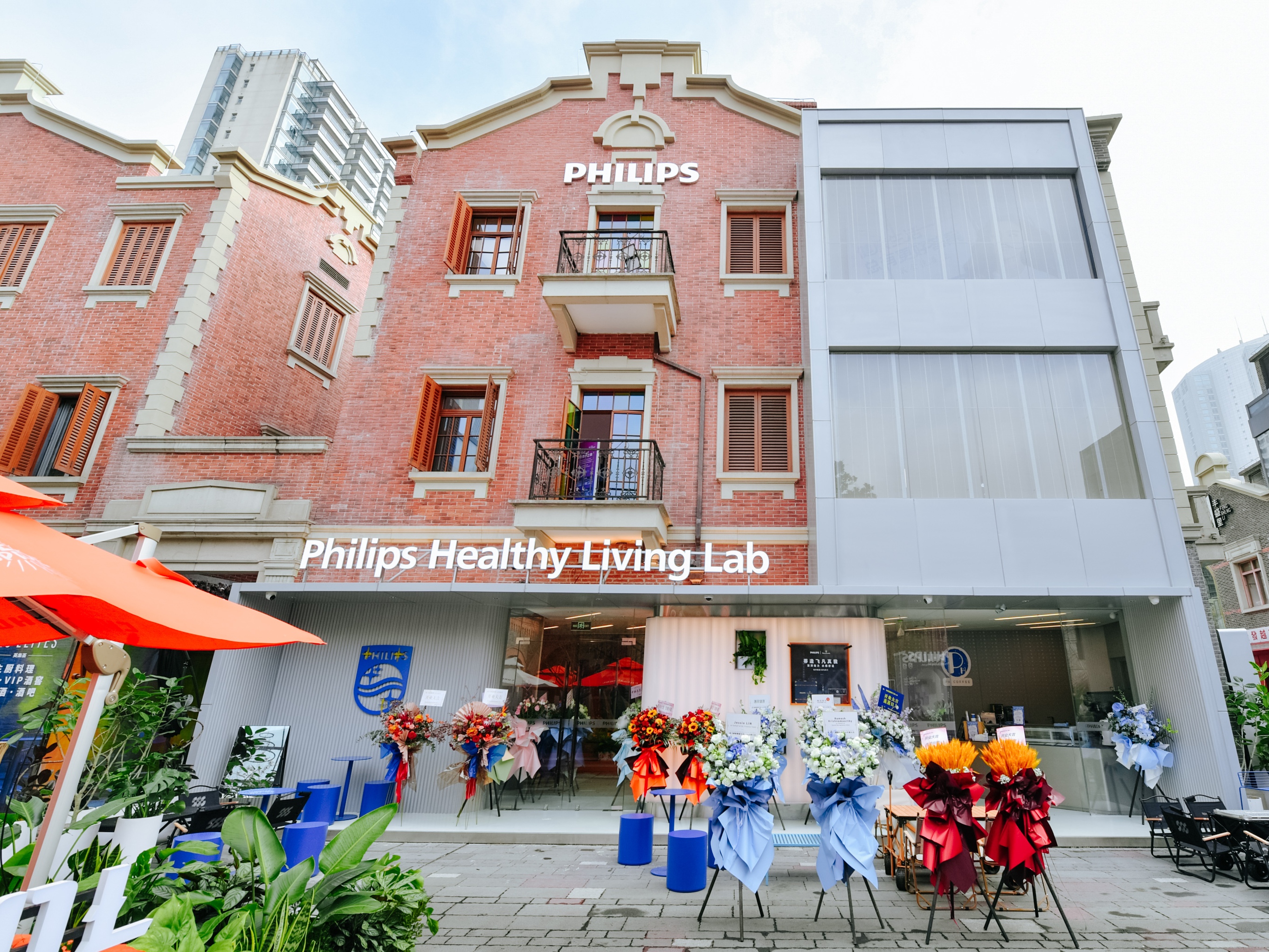
In this novel experiential retail space, consumers can immerse themselves in various life scenarios and experience how Philips comprehensively cares for people’s health through innovative products and solutions. He Guowei, a member of Philips Global Executive Committee and President of Greater China, said that “Philips Healthy Living Lab” is an innovative “localized” business model, which is expected to contribute to the prosperity of the regional real economy by injecting innovative elements. While creating deeper and richer healthy living experiences for consumers, the Lab also injects new vitality into the cross-border integration, new business development, accelerated industrial upgrading, economic development and scientific and technological innovation of Jing’an District.
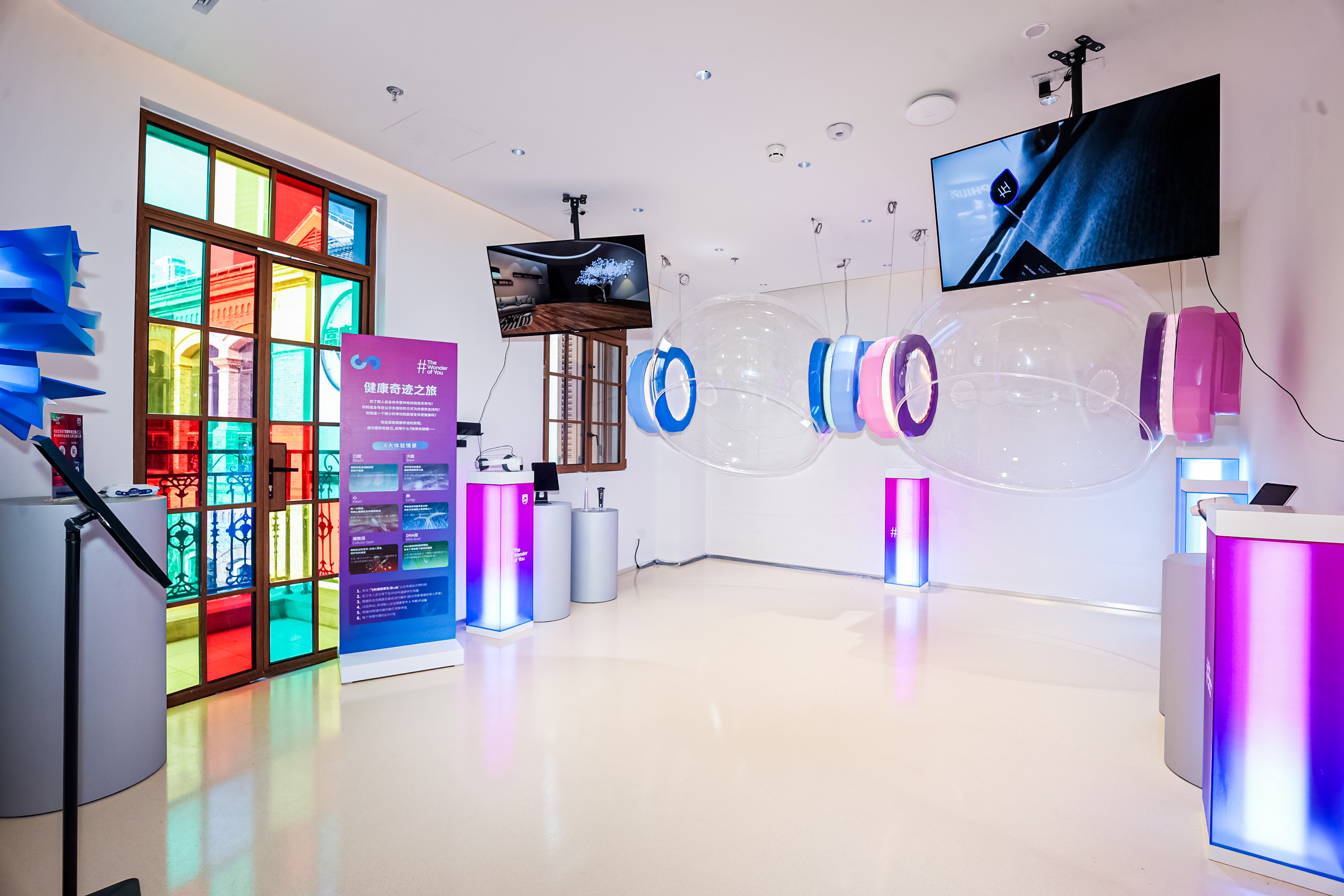
With advanced technology, rich clinical experience and profound insights into consumers, Philips continuously launches integrated innovative solutions. China is the second largest market for Philips in the world. As a global health technology leader, how does Philips, which has cultivated Jing’an market for nearly 20 years, seize the development opportunity in China and accelerate the localization process in China?
Seek common development with Jing’an and bolster resolution and confidence to invest in China
As one of the earliest foreign-invested enterprises to enter China, Philips began to sell products in the Chinese market as early as the 1920s and set up the first joint venture in China in 1985. In the past 40 years, Philips has witnessed and participated in the rapid development since China’s reform and opening up. Today, Philips operates in more than 600 cities in China, with nearly 8,000 employees and five comprehensive production bases. Its local business covers the whole healthcare process, from healthy lifestyle and disease prevention to diagnosis, treatment and home care, with products sold in China and overseas markets.
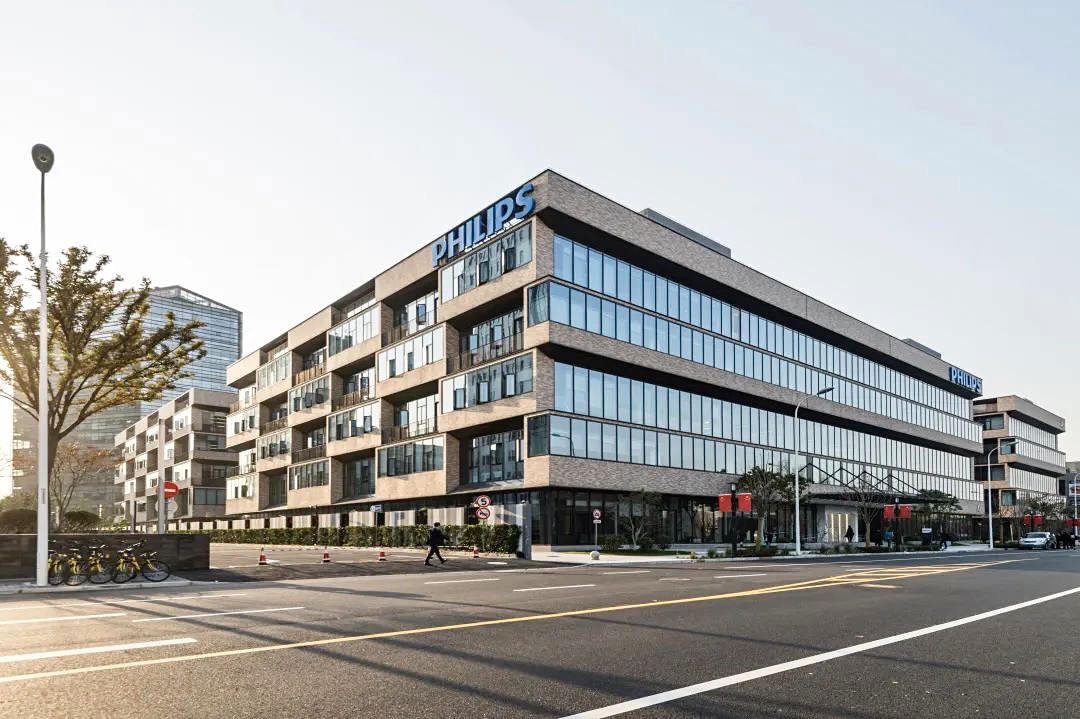
Philips tied the knot with Jing’an District in 2004. Both sides together witnessed an ever-changing Shanghai. In 2017, with the great support of various departments of Jing’an District, the Greater China head office of Philips was settled in Daning, Jing’an District, opening a new chapter of Philips’s development in China and achieving many milestones in the following years.
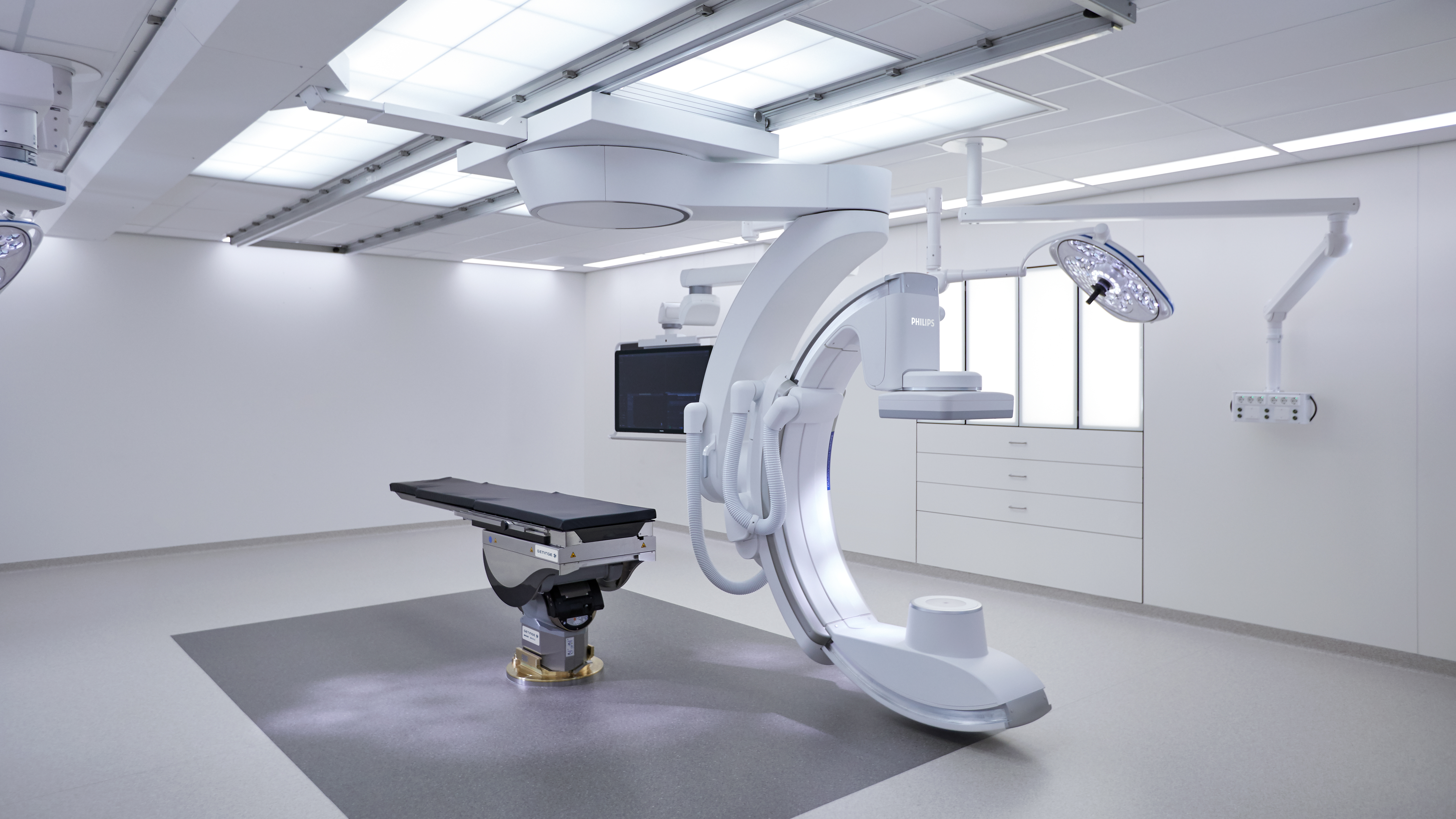
“Since our settlement in Jing’an District in 2004, we have developed together with Jing’an District with the full support of all departments of Jing’an District People’s Government. Again with the strong support of Jing’an District People’s Government, ‘Philips Healthy Living Lab’ successfully settled in Zhang Garden · Fengshengli, where Chinese and Western elements collide. This is owed to teamwork and also our resolution and confidence to develop ‘in China and for China’,” said He Guowei.
In the past nearly 20 years of operation in Jing’an, Philips has witnessed the boom of the district. He Guowei stated, “Jing’an District’s good industrial layout and empowerment measures for enterprises make us feel at ease to further develop here. Especially during the prevalence of COVID-19 last year, all local government departments provided Philips with service and assistance in many aspects, such as operation management and human resources, which bolstered our resolution and confidence to take root in Jing’an and further increase investment. In the future, Philips will continue to inject strong momentum into the high-quality development of Jing’an economy and write a new chapter of win-win cooperation with Jing’an.”
Base in Jing’an District and accelerate the implementation of global innovation in China
Philips aims to become a truly “localized” global company. As an important link of Philips’s localization strategy of “in China and for China”, Philips established three innovation centers in China, focusing on localized innovation of “software”, “products” and “systems” respectively in 2021. Among them, the “software” innovation center was established based on Philips’s Greater China head office in Jing’an District, Shanghai. In the future, the three innovation centers will become an important innovation force for Philips, serving the needs of business development in China and around the world.
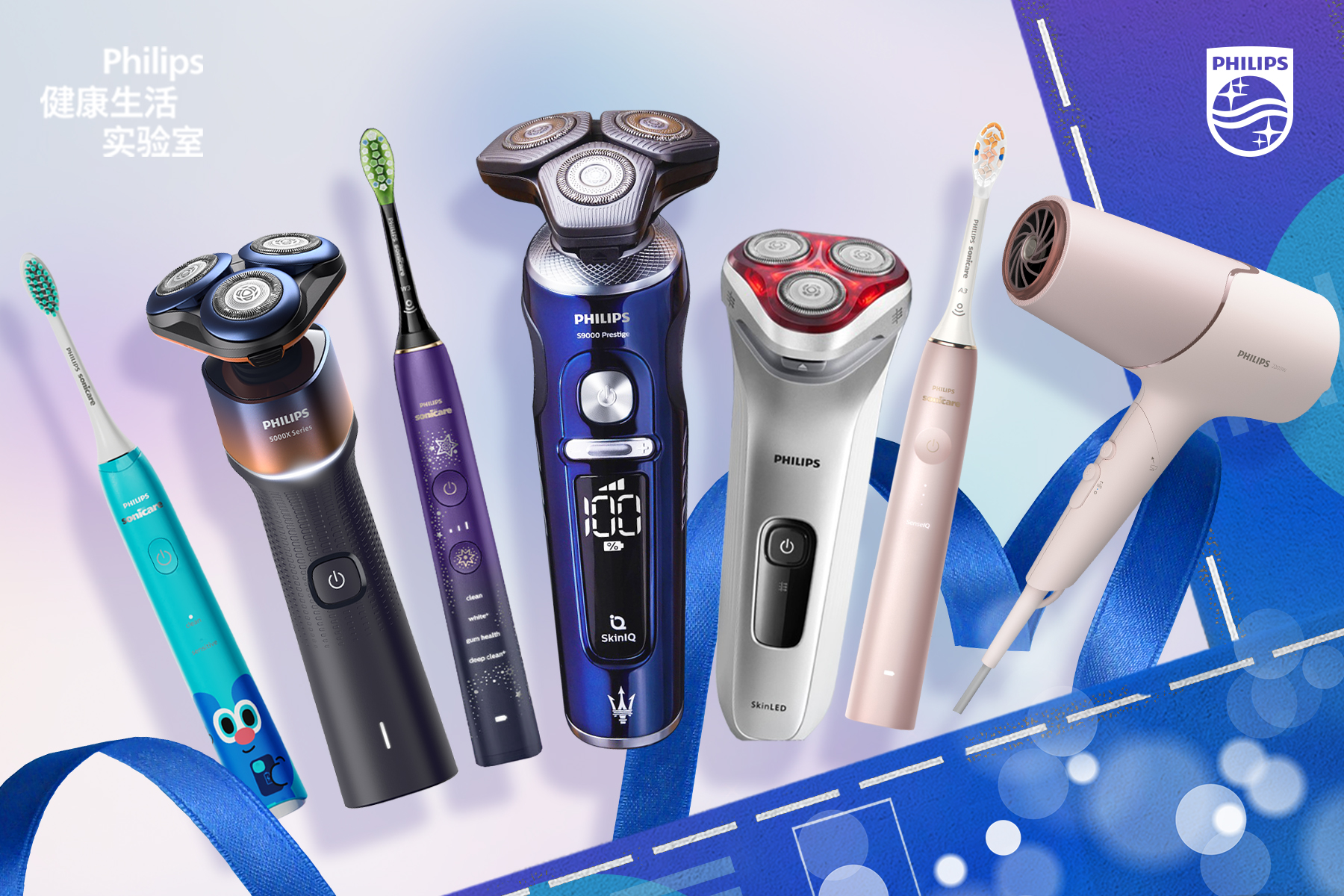
While accelerating the implementation of global innovation in China, Philips improves its functional layout in China from multiple dimensions such as product research and development, manufacturing and production, market access and services in a way that is closer to local customers and cooperates closely with the local ecosystem to serve the local market, making China one of Philips’s important cradles of innovation and value creation centers in the world, so as to better contribute to the realization of the “Healthy China 2030” goal. It is reported that in the professional medical field, the whole spectrum of products, including ultrasound, CT, MR, vascular machines and monitors, will be fully home-made by 2023, including some high-end equipment with groundbreaking technology and state-of-the-art product technology in the industry.
Philips perceives that “China’s modernization” will promote higher-level reform and opening up, create a world-class business environment, and boost benign international cooperation. China’s economic development targets not only high speed, but also “high quality”, which will release great potential. “As a foreign-invested enterprise deeply engaged in the Chinese market, we are fully confident in the new pattern and new opportunities brought by ‘China’s modernization’. We expect China to provide more development and cooperation opportunities for multinational enterprises by continuously broadening market access and optimizing the business environment. China will practice and realize the new development paradigm of ‘innovation, coordination, green, openness and sharing’,” stressed He Guowei.